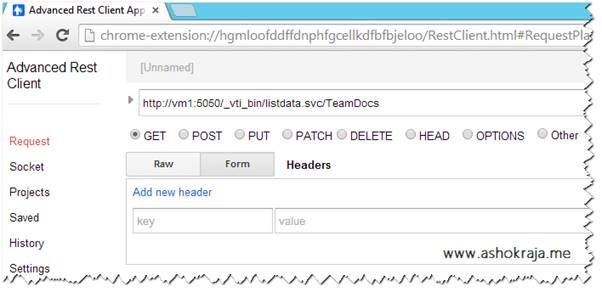

Countless JSON libraries are available for most programming languages.It's easy to analyze into logical syntactic components, especially in JavaScript.Compactness – JSON data format doesn't use a complete markup structure, unlike XML.Readability – JSON is human-readable, given proper formatting.Not only is JSON language-independent, but it also represents data that speaks common elements of many programming languages, effectively making it into a universal data representation understood by all systems. There are several reasons why you should consider using JSON, the key reason being that JSON is independent of your system's programming language, despite being derived from JavaScript. As such, it's used by most but not all systems for communicating data. It's a widespread data format with a diverse range of applications enabled by its simplicity and semblance to readable text. JSON (pronounced as Jason), stands for "JavaScript Object Notation," is a human-readable and compact solution to represent a complex data structure and facilitate data interchange between systems. Copy and paste, directly type, or input a URL in the editor above and let JSONLint tidy and validate your messy JSON code. However this seems like it is written for equality checks, and doesn't provide that much visual feedback.JSONLint is a validator and reformatter for JSON, a lightweight data-interchange format. PPS! Here is a tool in python to compare XML (which possibly could be changed into comparing json (if converted into an etree)).

PS! On a side-note it does handle html, so possibly it can handle xml also?
DOWNLOAD JSON COMPARE TOOL MANUAL
I'm not sure if it actually suggests that code is moved, or if that requires some manual labour, but it does claim in the functions view to be able to detect if it is modified, removed or added.

DOWNLOAD JSON COMPARE TOOL LICENSE
The program is not freeware (USD 29.95/user), but you can try it without a license for 30 days.


 0 kommentar(er)
0 kommentar(er)
